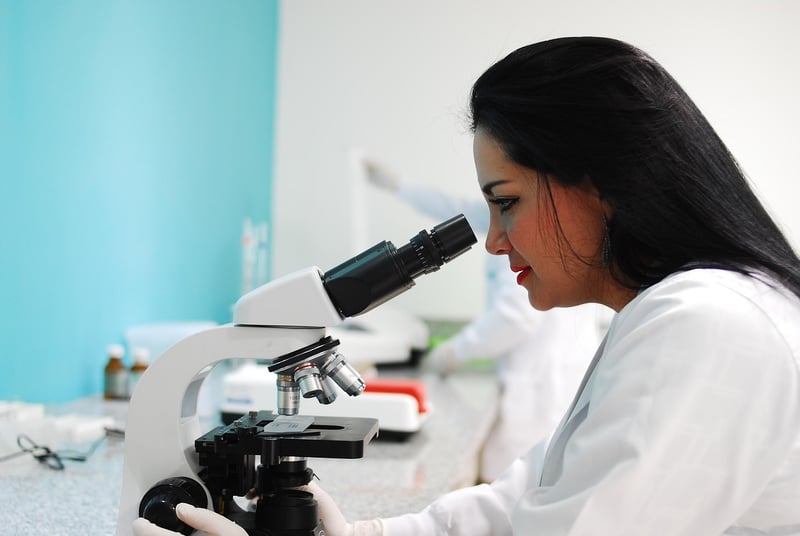Scientific Theories
The Fascinating Connection Between Mechanisms for Travel and Scientific Theories
Travel has always been an essential part of human life, driving us to explore the unknown and seek new horizons. At the core of our ability to travel are various mechanisms that enable us to move from one place to another. Interestingly, these mechanisms for travel often mirror scientific theories in their complexity, innovation, and impact on society.
1. The Wheel: A Foundation for Motion
One of the most fundamental inventions in human history, the wheel revolutionized transportation. From ancient carts to modern cars, the wheel serves as a cornerstone for travel mechanisms. Similarly, Newton's laws of motion laid the groundwork for understanding how objects move, emphasizing concepts like inertia and action-reaction pairs.

2. Aviation: Defying Gravity
Aviation represents humanity's conquest of the skies, allowing us to soar above the clouds. The principles of flight, including lift, thrust, drag, and weight, form the basis of aerodynamics. Likewise, Einstein's theory of relativity transformed our understanding of space, time, and gravity, reshaping the very fabric of the universe.

3. Rocket Science: Reaching for the Stars
Rocket science propels us beyond Earth's atmosphere, pushing the boundaries of exploration. The intricate mechanics of rockets involve propulsion, staging, and orbital mechanics. In a similar vein, the theory of evolution by natural selection, proposed by Darwin, launched a revolution in biology, explaining the diversity of life on our planet.

4. High-Speed Rail: Engineering Efficiency
High-speed rail systems exemplify precision engineering and efficient transportation. By leveraging magnetic levitation and advanced propulsion, these trains offer swift and sustainable travel. Similarly, the theory of electromagnetism, as formulated by Maxwell, unified electricity and magnetism, paving the way for modern technologies like high-speed trains.

5. Submersibles: Exploring the Depths
Submersibles enable us to delve into the mysteries of the ocean, uncovering hidden worlds beneath the waves. Their sophisticated design involves pressure resistance, buoyancy control, and life support systems. In a parallel manner, the theory of plate tectonics revolutionized geology, explaining the movement of Earth's lithosphere and shaping our understanding of the planet's dynamics.

Through the lens of travel mechanisms and scientific theories, we gain a deeper appreciation for the interconnectedness of human ingenuity and the natural world. As we continue to innovate in both realms, the possibilities for exploration and discovery are truly limitless.
